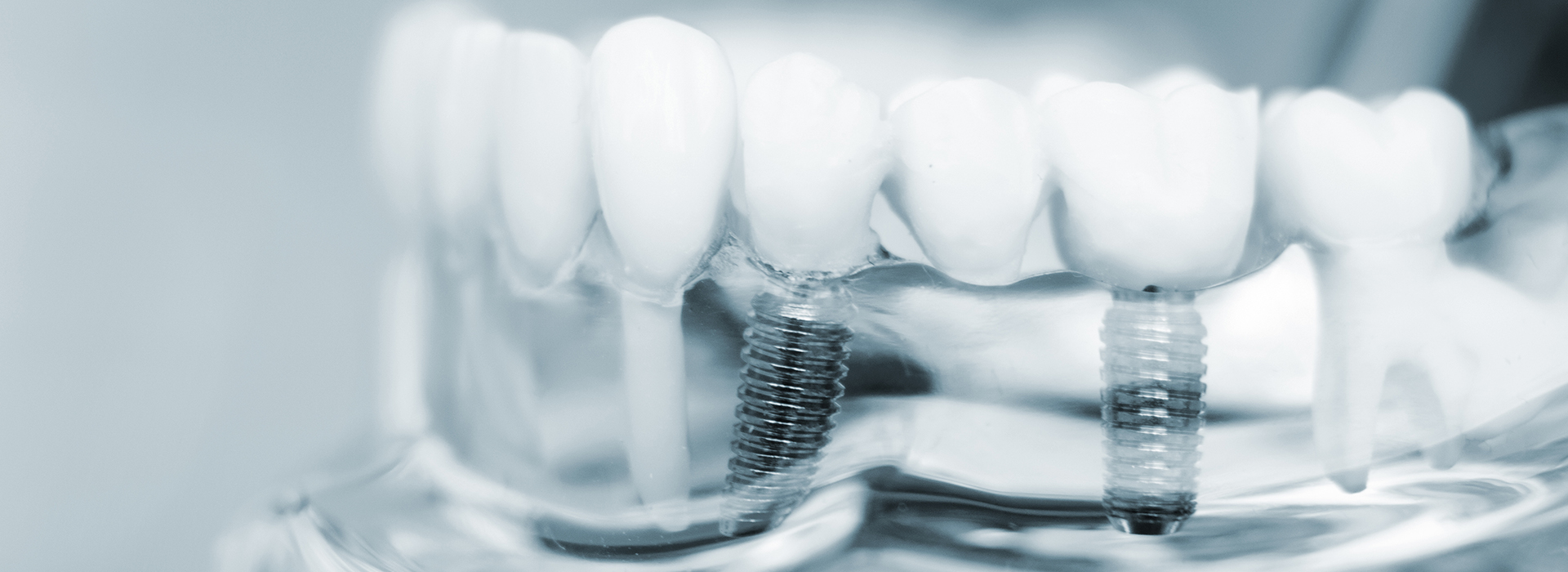Call Us Today!
(978) 682-5255

Losing a tooth due to injury, dental decay, or gum disease can happen. However, to avoid causing problems for the adjacent teeth and your overall dental health, it is important to replace the tooth that has been lost.
As one of the most significant dental innovations in recent times, a dental implant is a small surgical post made of biocompatible metal or ceramic, that is placed into the jawbone to function in the same manner as the root of a natural tooth. In the same way that a root supports the natural crown of your tooth, an implant integrates over time with the surrounding bone to provide a stable and durable foundation for a single dental crown or bridge, as well as a complete set of upper or lower replacement teeth.
The success and long-term stability of a dental implant primarily relies on its precise placement in the jawbone. Since teeth are naturally designed to withstand the enormous forces of chewing and all manner of oral function, a dental implant must be placed with the utmost exactitude to perform in the same way.
In addition to their comprehensive knowledge of the complexities of jaw anatomy and oral function, oral and maxillofacial surgeons have the advanced clinical experience and surgical training to place dental implants for optimal results of care. Oral and maxillofacial surgeons are also trained in all methods of dental anesthesia and sedation to ensure patient comfort throughout every procedure.
If you've lost a tooth due to injury, decay, gum disease, or any other reason, we recommend dental implants to replace missing teeth. Dental implants come the closest to replicating the look, feel, and function of your natural teeth.
Dental implants are placed into the jawbone and mirror the same function as the root of a tooth. The procedure for dental implants is usually performed while a patient is sedated. Patients who undergo IV sedation must have an empty stomach and transportation home following the procedure. Most sedation patients will have little to no memory of the procedure occurring.
Generally, dental implants are made out of a biocompatible metal such as titanium. Biocompatible metals are also used for other common bone implants (such as shoulder, hip, and knee replacements). The visible portion of the implant is usually made out of porcelain and is custom-made to match your existing teeth.
Dental implants are designed to fuse to the bone, which makes them become permanent fixtures. Typically speaking, the success rate is nearly 100%. There are few cases in which the implant will not fuse as intended and must be removed. If this happens to occur, the procedure can be attempted again a few months later.
Dental implants are not usually covered by dental insurance, but may be covered under a patient's medical insurance. Our office and your insurance company can discuss coverage options with you based on your individual case and treatment plan.
It's easy... just take care of an implant as if it's a natural tooth! This involves regular brushing, flossing, and dental checkups. If you have any concerns about your implant, contact us immediately.
